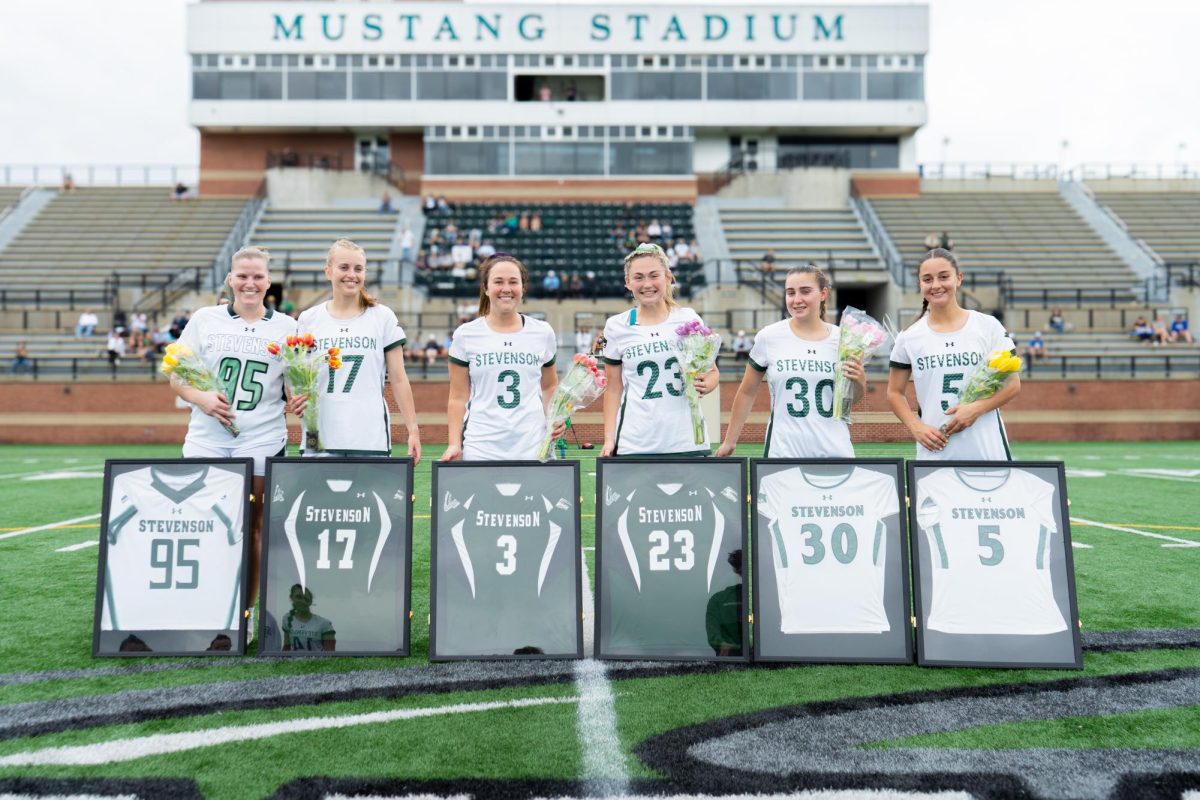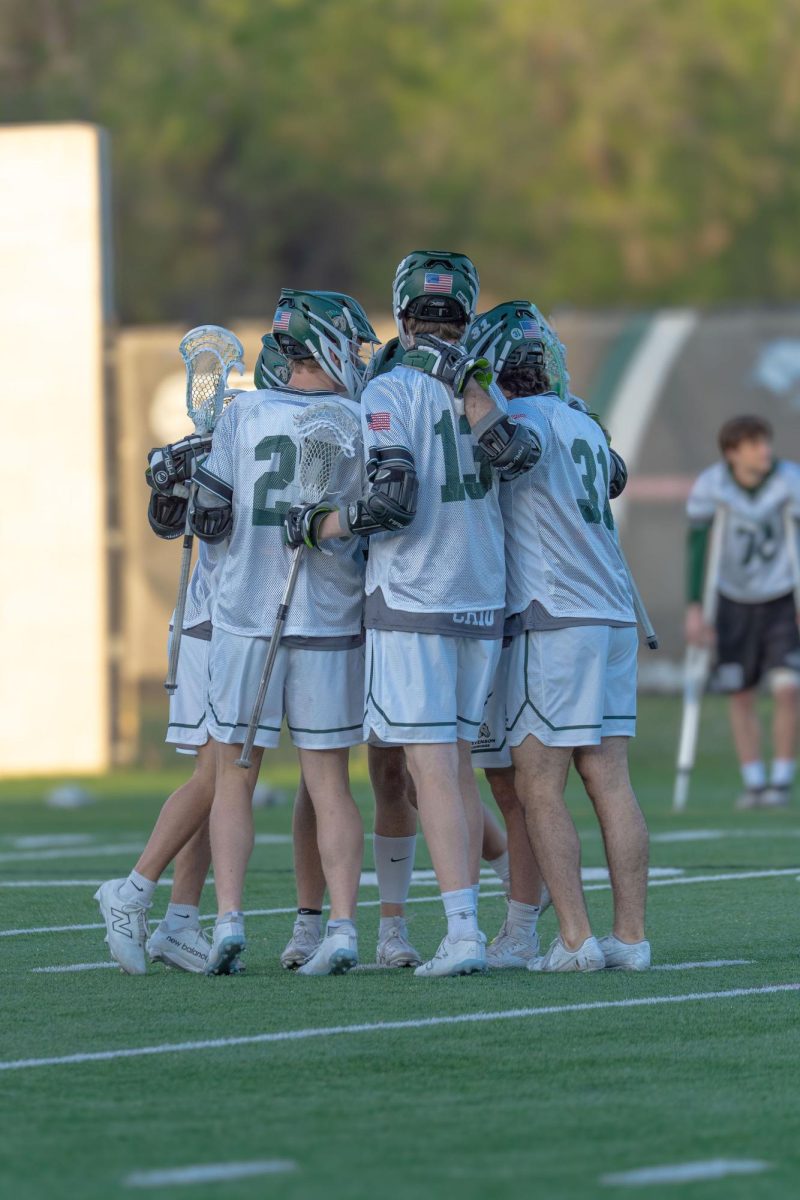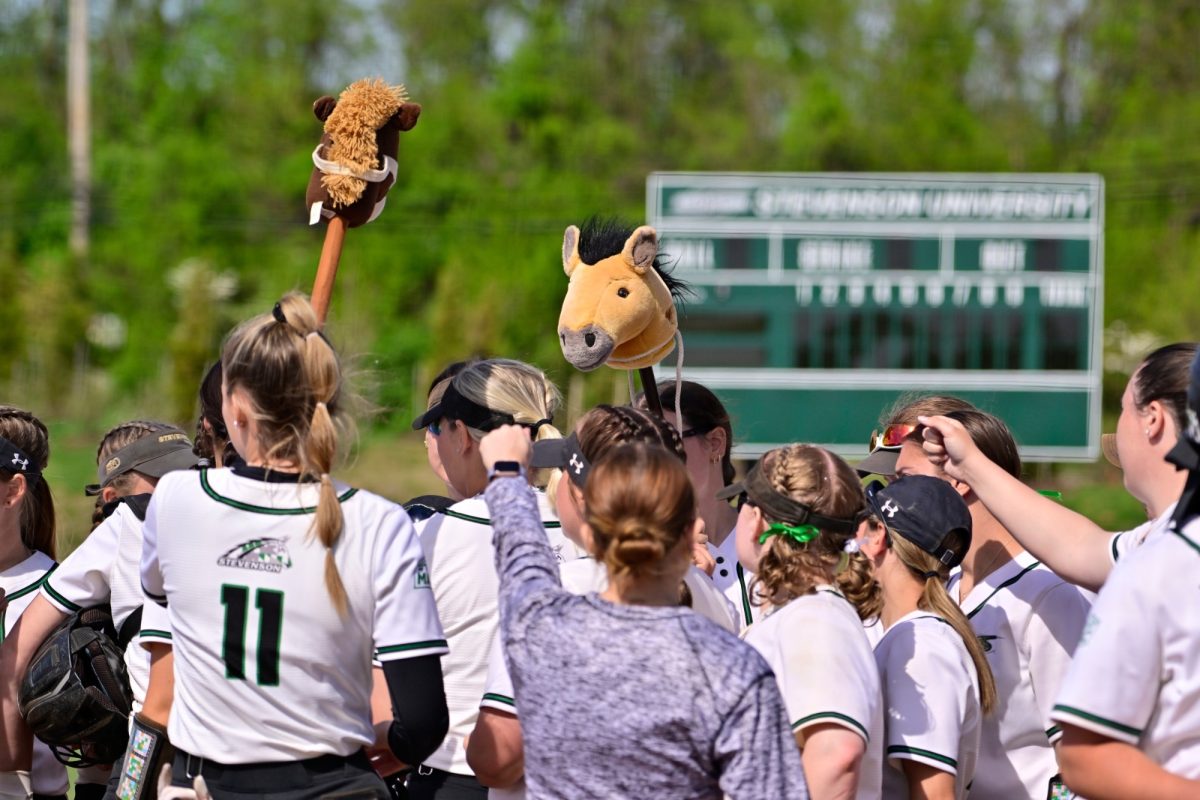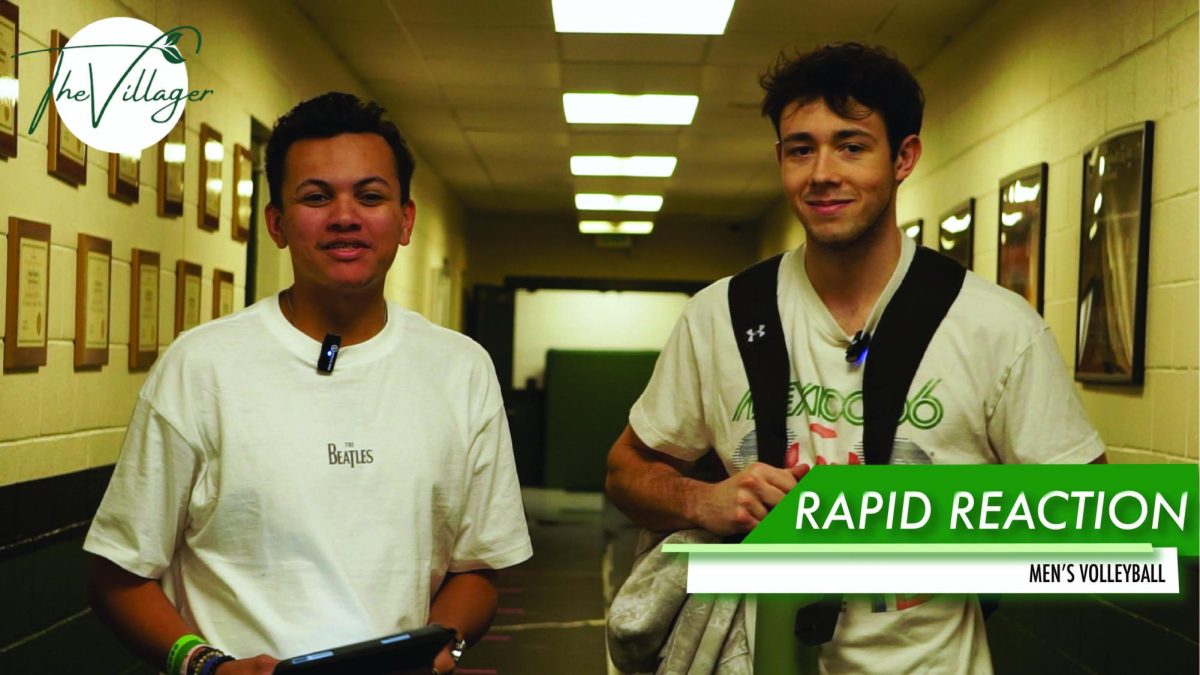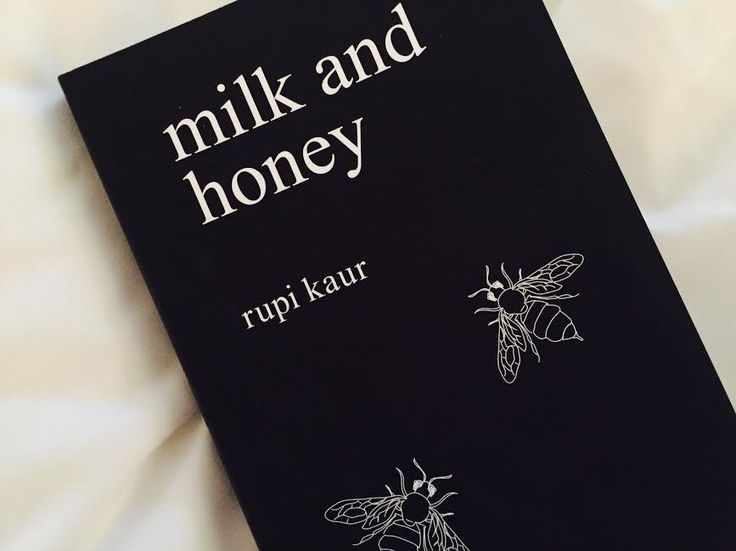“Milk and Honey,” a New York Times bestseller, is a collection of poems that explores the series of relationships experienced by the author, Rupi Kaur. The book contains 204 pages of realistic-fiction poetry. It is divided into four sections: “The Hurting,” “The Loving,” “The Breaking,” and “The Healing.”
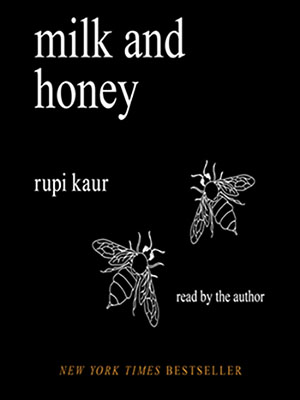
“The Hurting” examines the journey of Kaur’s early years where she experienced emotional drama with the first person with whom she built a relationship. “The Hurting” is comprised of poetry that is relatable to people who have experienced emotional belittling.
The section starts off with poems in which Kaur explains the physical and emotional abuse that she experienced with this lover. She uses words such as “sadness,” “afraid,” and “rape” to evoke empathy.
Throughout the section, Kaur compares the relationship to her childhood. It is suggested that Kaur’s father was absent throughout her life and her mother had to teach her the ways of loving someone.
“The Loving” chronicles the time when Rupi Kaur was trying to fall in love with someone new. She goes through a time of difficulty, trying to open up to a new lover. She eventually falls for the person and finds happiness. However, at the end of the section, she notices that difficult times for the relationship are approaching.
“The Breaking” goes through the breaking point and downfall of Kaur’s loving relationship. It is suggested that her lover ended the relationship. The section starts with poems that seem filled with anxiety. Throughout the section, the poems start to relay feelings of sadness and depression.
“The Healing” goes through the journey of how Kaur builds herself back up from the relationship. She mentions in the poems the importance of female empowerment and the ways in which she starts to focus on herself.
“Milk and Honey” is an empowering book about abuse, love, and female empowerment. Kaur opens up to readers about her past relationships that involved emotional and physical abuse. She takes her readers on a journey as she regains her self-respect and realizes that she does not need to rely on someone else to be happy.













